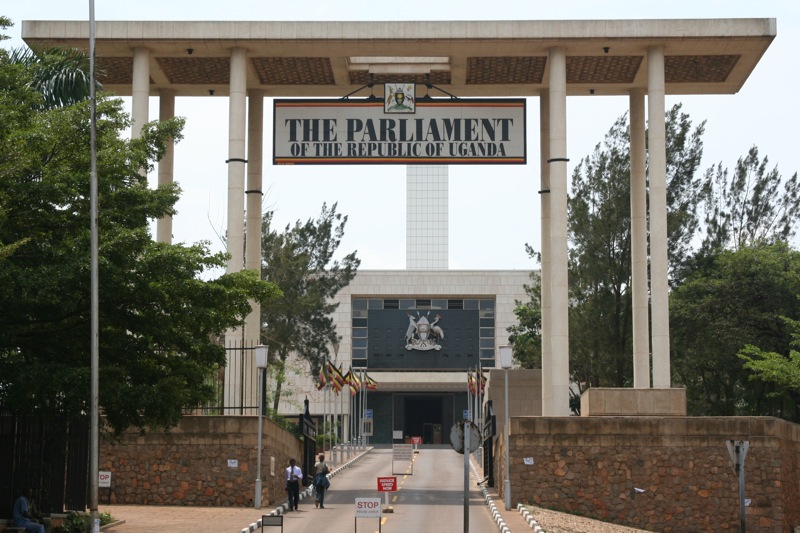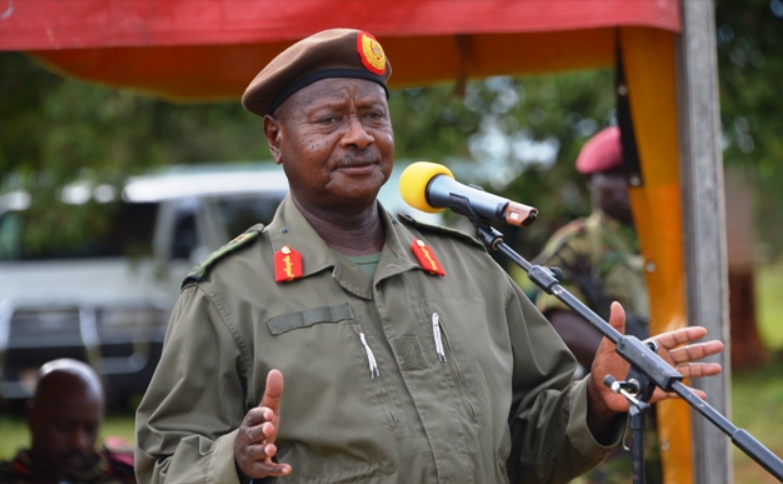Uganda’s Covid-19 vaccination campaign prioritised the elderly for inoculation. The country’s pandemic response defined the elderly as a vulnerable class of citizens, in need of protection from others. But as Innocent Anguyo and Elizabeth Storer write, this public health framing conflicts with the social status of elders in Ugandan borderlands and harnessing their influence could have a significant effect on vaccination uptake.
In the West Nile region of Uganda, vaccination rates against Covid-19 have remained low. Elders’ authority, which could have been utilised to promote inoculation, is instead being excluded from public health approaches. This is critical since elders have historically been instrumental in epidemic control.
Rejecting Vaccines
Despite a national target to vaccinate 3.3 million elderly people by January 2022, less than a million had been vaccinated by the end of 2021. Two years after Uganda’s vaccination programme began, the country’s Minister of State for Primary Healthcare, Margaret Muhanga, acknowledged resistance to the programme among the elderly. “We have noted that people above 50 years old are not taking the vaccine as expected and yet they are the very vulnerable people and susceptible to dying from Covid-19.”
The minister’s portrayal of elders in Uganda’s health policy as weak, associated with pre-existing conditions and “susceptible to dying from Covid-19” does not sit well with Ugandan elders. In West Nile, elders have significant social status, and their views are respected by their descendants and the community, including on issues around public health.
Many elders are hesitant to accept a vaccine due to misinformation about vaccines, and the AstraZeneca brand in particular. Following the dissemination of alarmist and false links between the vaccine and blood clotting in Europe, many elders expressed concerns about its safety. Fears about the AstraZeneca vaccine were layered onto histories of exclusion from science and participation in medical trials, which produced resistance to vaccines.
Elders’ fears were not addressed by the government and their significant social standing was ignored in vaccine administration. Instead of being persuaded of the benefits of vaccines, elders’ ideas of protection resulted in them cautioning their descendants against inoculation.
Elders’ Historical Roles in Disease Protection
In the West Nile region, elders lament their exclusion from the pandemic response. “We know ourselves better than the Whites do, so why do we always have to wait for foreigners to save us?” one elder asked. West Nile elders have historically had authority for the well-being of clans and remain key facilitators in collective health decisions. Research conducted during and after colonial rule showed that elders influenced local health decisions because their words carried weight, and to disobeyed would lead to misfortune.
In moments of crisis, elders’ commands acquire particular resonance. Before the 20th century, during outbreaks of diseases, councils of elders regularly ordered entire families to move to new locations. During the colonial and the early post-colonial period, those thought to be infected with smallpox and measles were quarantined at home on elders’ orders. During the 1990s HIV/AIDS crisis, elders publicly prohibited extramarital affairs, prevented marriages to women thought to be HIV-positive, and urged the community to shun households associated with the virus.
“The way our communities have managed diseases in the past has clearly shown that you can do just fine without vaccines. We have overcome Ebola and Cholera on several occasions without vaccines. We can also overcome corona using our old ways,” said one local elder.
Consequences of Exclusion
Many elders saw vaccines as heavy-handed and state-imposed, which agonisingly reminded them of their experiences of colonialism and of state armies which have occupied the region since independence. Promoting indigenous therapies served as a means for elders to reassert their authority in the face of public health campaigns which side-lined their expertise. It is notable too that the early equations of Covid-19 to a flu-like disease fuelled elders’ assertions that herbal remedies were the best cure.
“Once we, the Lugbara (largest ethnic group in West Nile), learned that Corona was a kind of flu, we started consuming herbs.” An 86-year-old grandfather of 13 explained. “If someone had a flu, they would boil ndima bi (lemon leaves), ngulu ngulu bi (guava leaves), kalutisi bi (eucalyptus leaves), lira bi (neem), echoro (bitter leaf) kuruku chai (lemon grass) and payi payi bi (pawpaw leaves); then steam with it.” During interviews, elders lamented that their knowledge was ignored in favour of “the White man’s medicine and methods.”
Whilst sometimes featuring isolation and ostracisation, the pandemic responses deployed by local elders were attentive to the fragility of local livelihoods. West Nile elders were opposed to the state’s lockdown measures. They opposed proposed quarantine locations on grounds of population density and insecure infrastructure, encouraged people to embrace homecare over quarantine and hospitalisation, and promoted herbal therapies over biomedical treatment.
Elders as resources in pandemic response
Elders’ influence is a prominent and contested force in West Nile. Younger generations often resist ‘traditional’ wisdom. The emergence of Covid-19 and the vaccination programme have seen generational clashes that have transformed families and communities into arenas of intense debate. For example, Anguyo, this article’s co-author, campaigned for his siblings and friends to be vaccinated, despite his father’s warnings not to get the vaccine.
Despite these shifting dynamics, elders remain crucial players in local health outcomes. Public health has generally associated older individuals with frailty, yet this does not align with their social status in West Nile. As venerated arbiters of oral histories, elders could play a particularly vital role in adapting public health messaging in their respective communities. Informed elders could hold significant sway in promoting vaccination in families and clans and improving local health outcomes.
This research was funded through the AHRC-DfID Collaborative Humanitarian Protection Research Programme, ‘Safety of Strangers: Understanding the Realities of Humanitarian Protection) (2019–2021) (AH/T007524).
Photo credit: Wikimedia under CC-BY-2.0





